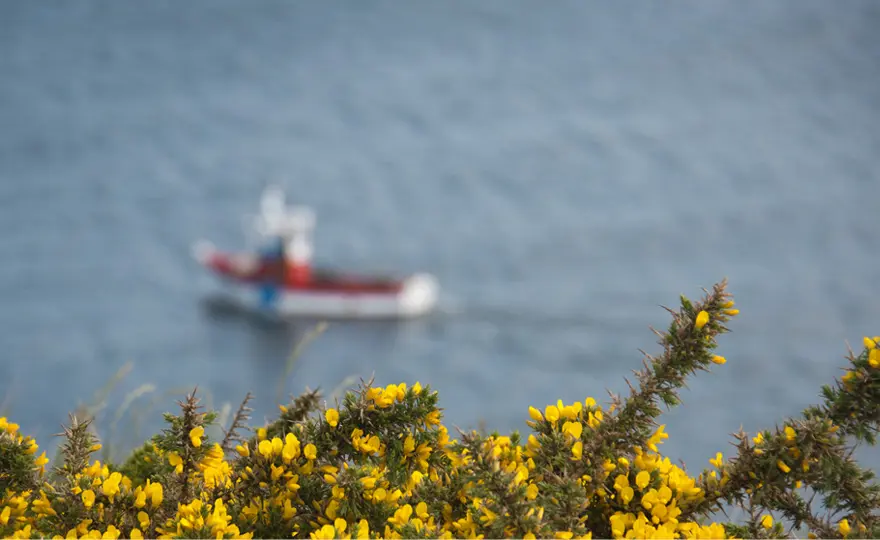ClientEarth Communications
2nd October 2017


Countries across the EU are failing to punish illegal fishing activities and not enforcing fisheries laws properly, new research by ClientEarth finds today.
Under the Common Fisheries Policy (CFP), all EU countries must impose sanctions to deter people from breaking fishing laws.
But ClientEarth has found that some EU countries haven’t implemented all the rules that enforce the CFP, including key fishing countries like France, Spain and the Netherlands. This undermines fisheries laws and means there is no level playing field for fishers across the EU.
The number of sanctions against those that break the law is also incredibly low. Authorities are doing little or nothing about illegal fishing.
Read our report: Slipping through the net - The control and enforcement of fisheries in France, Ireland, the Netherlands, Poland, Spain and the UK (England)
ClientEarth lawyer Elisabeth Druel said: “Strong and systematic sanctions are needed to deter illegal fishing and to pay for the damage done to our marine environment. The fishing industry would have us believe they are heavily inspected and sanctioned, but our research shows that is just not the case.
“Different countries having different laws is unfair to those acting legally and threatens our oceans. We need to ensure fisheries laws are properly enforced so that Europe’s waters are not overfished and we have a healthy marine environment.”
The EU Control Regulation is responsible for regulating all fishing activities done in the EU. It says that for serious breaches of the law, national governments should impose “effective, dissuasive, proportionate” sanctions. This includes penalty points similar to those for reckless drivers.
ClientEarth has analysed this system in six countries (France, Ireland, the Netherlands, Poland, Spain and England) and found that all countries are failing to implement the regulation properly – seven years after it was adopted.
For example, Ireland has yet to implement the penalty point system and France hasn’t given out any penalty points so far. In Spain, penalty points are not consistently given out by authorities, in clear violation of EU law.
Help us fight for your environment - make a donation
The number of sanctions imposed on illegal fishers is also worryingly low and nowhere near strong enough. In 2015, only 27 fines were imposed in Poland for a total average of 345 Euros. For very serious breaches of the law, this was even lower at 288 Euros.
The enforcement of fishing laws in the EU is in a sorry state. In July, ClientEarth found that member states are due to lose €10 million a year in EU funding for fisheries control, because they did not use it to enforce CFP rules.
At the same time, the number of inspections has fallen dramatically. Inspections dropped by 12% in Spain in 2016 and 24% in France over the past four years. In the Netherlands, the number of fisheries inspectors fell from 42 to 36 between 2010 and 2014.
Proper implementation of the control regulation is vital to ensure that fishing activities are controlled, violations are sanctioned and the rules of the CFP are respected by all.
Work has already begun on revising the Control Regulation. The European Commission must ensure a level-playing field across the EU on sanctions and enforcement and make sure these rules are strong enough and implemented by national governments properly.
Read the updated report: Slipping through the net – weak enforcement of EU fisheries laws threatens our seas
Country case studies: